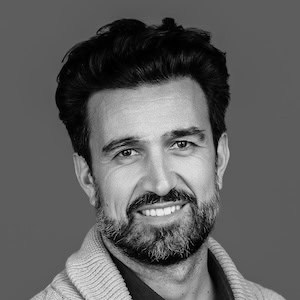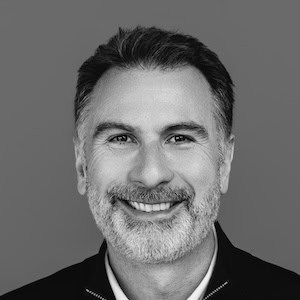-
Full, Yet Undernourished? How India Can Move from Food Security to Nutrition Security
India now produces enough food for its population – but recurring famines plagued the country for decades. In response, the government strengthened the distribution system to bring essential food grains to marginalized households. But as analysts at MSC point out, improving access to food is not the same as ensuring optimal nutrition. They explore solutions that could help India move from food security to nutrition security – and how the private sector can play a role.
- Categories
- Agriculture
-
Philanthropy is Shortchanging Climate Change: Here Are Three Ways It Can Boost Its Impact
Climate change is a hot topic in global development, but unfortunately, philanthropy hasn’t followed suit. Despite some notable gifts, climate lags behind other issues when it comes to charitable giving — less than 2% of philanthropic dollars went to climate-related issues in 2015. Nicole Systrom at Sutro Energy Group discusses the reasons for this inertia, and how philanthropists and foundations can turn things around.
- Categories
- Environment, Technology
-
Tackling Africa’s Youth Employment Challenge: Can Social Enterprise Play a Role?
Social enterprise is becoming an increasingly popular business model in Africa – a clear sign that the continent is gradually shifting from aid-led solutions to enterprise-led solutions. Yet despite their potential, social enterprise markets and ecosystems remain in their infancy, says Stephen Hunt at the Challenges Group. He explores how social enterprise can address one of Africa’s key development challenges: employment and job creation for young people.
- Categories
- Social Enterprise
-
Changing Mindsets to Empower Women: Roshaneh Zafar, On How Kashf Foundation Helped Microfinance Take Root in Pakistan
There was no shortage of skeptics when Roshaneh Zafar first started talking about launching a microfinance institution with a focus on women's empowerment in Pakistan. But over two decades after founding Kashf Foundation, Zafar has proven them wrong. In this video Q&A, she discusses how she brought the first specialized microfinance institution to Pakistan – and crafted an approach that helps the country's female entrepreneurs overcome the unique barriers they face.
- Categories
- Finance
-
Optimism, Confusion and Soul-Searching: The Financial Inclusion Compass 2019 Reveals a Sector at an Inflection Point
It's not your imagination: Financial inclusion is getting more complex. As Sam Mendelson at e-MFP points out, the sector expands in depth and breadth each year – from new products and players to increased expectations of impact. To cut through the confusion, e-MFP publishes The Financial Inclusion Compass, a report based on a broad survey of stakeholders, who share their views on the sector’s present and future. He discusses some highlights from the 2019 report.
- Categories
- Finance
-
The Hidden Value of Untapped Ideas: Three Development Sector Approaches that Deserve a Second Look
The development challenges facing African countries – from income inequality to crippling infrastructure gaps – are huge and growing. But while tackling these issues will require innovative responses, “innovative” may not necessarily mean “new.” Aubrey Hruby at the Atlantic Council’s Africa Center explores three ideas that the development sector discarded – or never considered in the first place – which may hold the key to solving some of Africa’s biggest challenges.
- Categories
- Social Enterprise, Transportation
-
Learning is an Afterthought at Most Donor-Funded Programs: Here’s How to Make it a Priority
Despite the millions of dollars funders spend on it each year, learning remains a low priority within donor-funded programs. Why? According to Anne Maftei at the Mastercard Foundation Rural & Agricultural Finance Learning Lab, it's because these programs are built for implementation rather than knowledge creation. But while this is understandable, it's not ideal – Maftei explores ways funders can make learning less onerous and more useful for their partner organizations.
- Categories
- Impact Assessment
-
Women Feeding Africa: Innovative Business Solutions to Close the Gender Gap in Agricultural Productivity
Women quite literally feed sub-Saharan Africa: They make up 50% of its agricultural labor force and contribute 60-80% of its food. Yet they also face unique constraints that limit their productivity and reduce their returns. What would happen if women could access the same productivity resources as men? Agnes Makena and Racheal Wangari at Intellecap explore that question, highlighting enterprises and initiatives with innovative solutions to support Africa’s female farmers.
- Categories
- Agriculture










